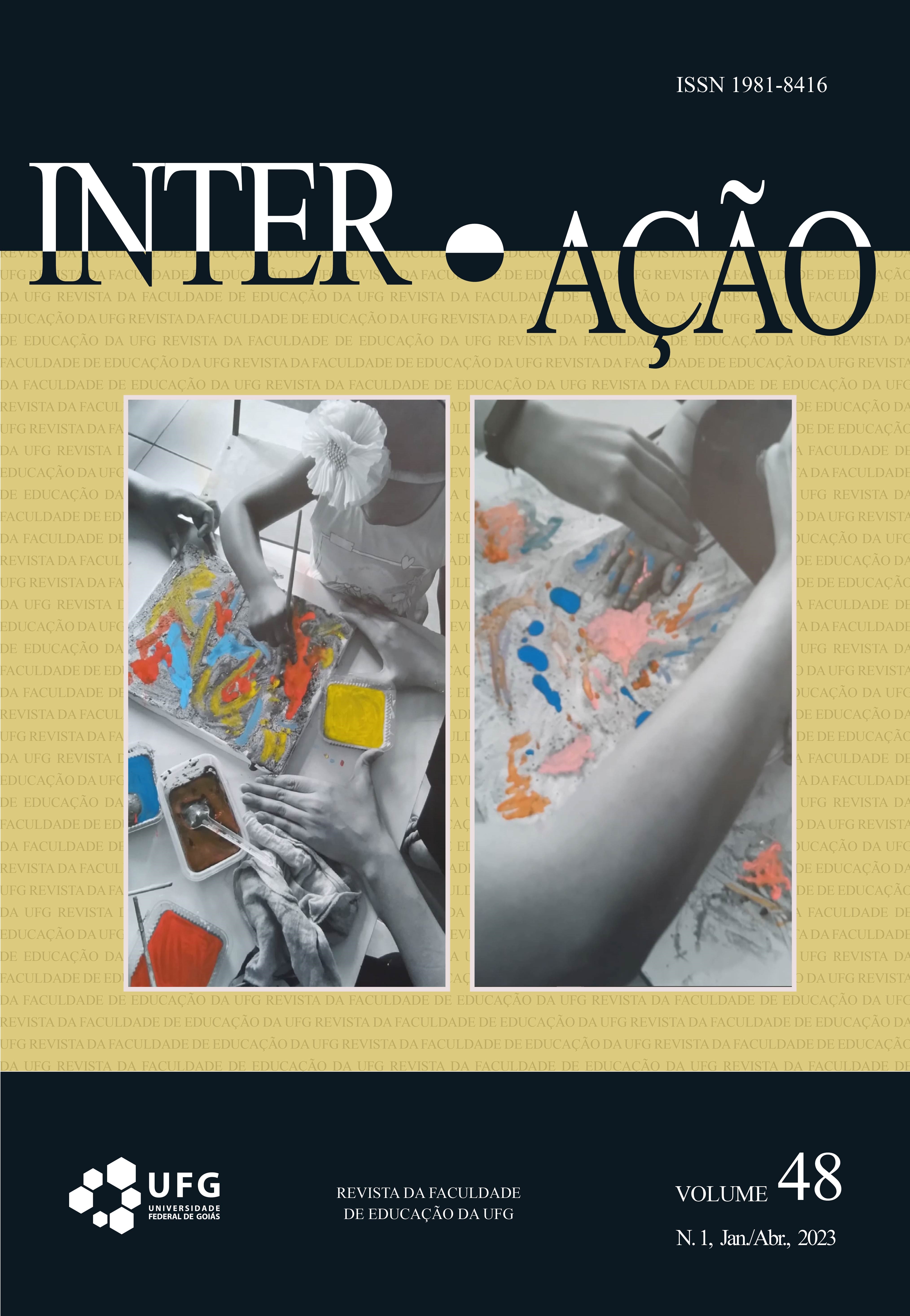DEGREE IN EDUCATION OF THE FIELD OF THE FEDERAL TECHNOLOGICAL UNIVERSITY OF PARANÁ (UTFPR), CAMPUS TWO NEIGHBORS: FROM IMPLANTATION TO EXTINCTION
DOI:
https://doi.org/10.5216/ia.v48i1.72012Abstract
The article analyzes the process of constitution and closing of a degree course in Rural Education at UTFPR, Campus Dois Vizinhos. The historical context that allowed the emergence of this course in Brazil is analyzed; the factors that contributed to the opening of the course at the mentioned university; results of the implementation and the difficulties encountered for maintenance are presented, as well as the difficulties encountered by graduates to obtain work in the training area. Finally, an analysis is made of the factors, internal and external to the university, that led to the closure of the course. Methodologically, a questionnaire was applied to the graduates of the first group of the course, analysis of documents (Pedagogical Project of the Course, minutes of the Structuring Teaching Nucleus and the Collegiate), as well as the authors' experience as teachers and managers.
KEYWORDS: Affirmative Policies; Degrees; Field Education; UTFPR.
Downloads
Published
How to Cite
Issue
Section
License
Copyright (c) 2023 Leandro Turmena, Zinara Marcet de Andrade, Sidemar Presotto Nunes, Armenes de Jesus Ramos Junior

This work is licensed under a Creative Commons Attribution-NonCommercial 4.0 International License.
Inter-Ação uses the Creative Commons Attribution 4.0 License for Open Access Journals (Open Archives Initiative - OAI) as the basis for the transfer of rights. Open access means making documents available on the Internet free of charge, so that users can read, download, copy, distribute, print, search, or link to the full text of documents, process them for indexing, use them as input data for software programs, or use them for any other lawful purpose, without financial, legal, or technical barriers.
Authors publishing in this journal agree to the following conditions:
1) Authors retain copyright and grant the journal the right of first publication, with the work simultaneously licensed under the Creative Commons Attribution License, which permits redistribution of the work with attribution and first publication in this journal.
2) Authors are permitted to enter into additional, separate agreements for non-exclusive distribution of the version of the work published in this journal (e.g., for publication in an institutional repository or as a book chapter), with attribution and first publication in this journal.
3) Authors are permitted and encouraged to publish and distribute their work online (e.g. in institutional repositories or on their home page) at any time before or during the editorial process, as this may generate productive changes as well as increase the impact and citation of the published work.















